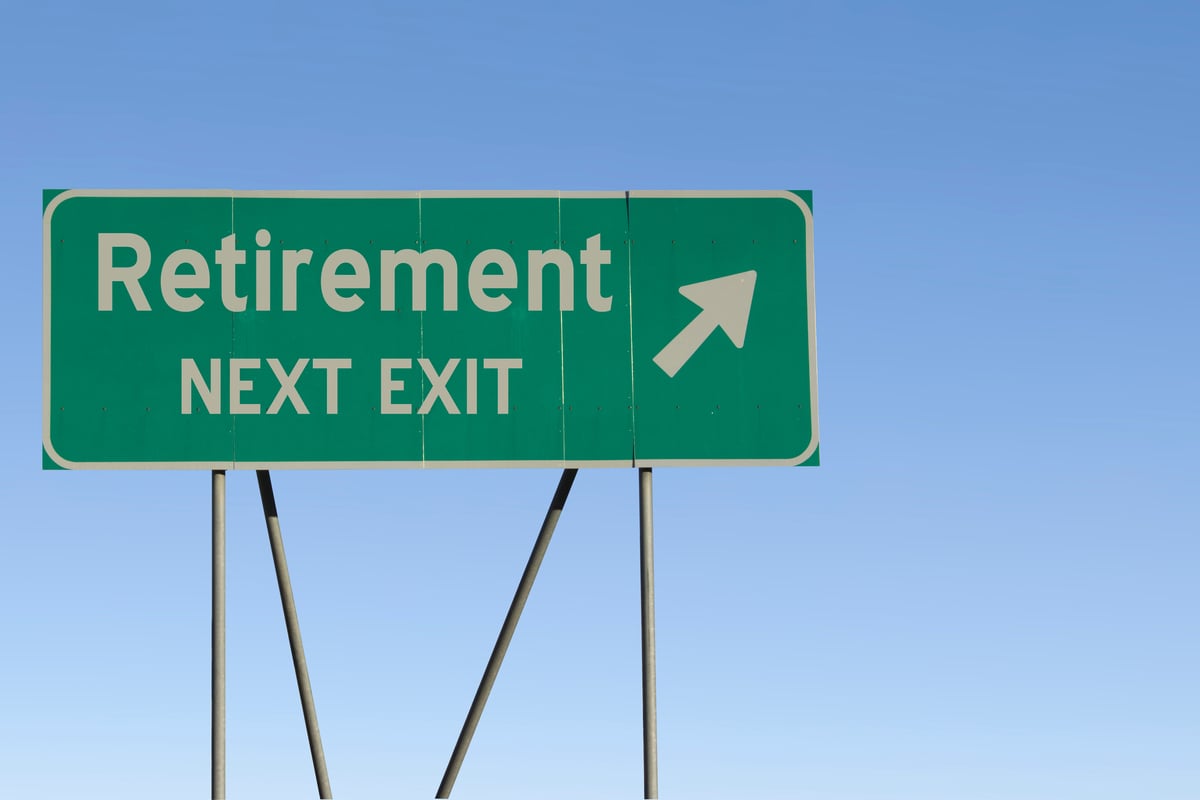As you're saving for retirement, healthcare costs may not be at the top of your list of expenses to prepare for. After all, once you turn 65 and become eligible for Medicare, you likely won't need to worry much about medical expenses, right?
Not necessarily. Even with Medicare coverage, the average retiree will still pay an exorbitant amount for healthcare. Exactly how much you will spend depends on what type of care you need. Those with chronic illnesses will spend more than those who only go in for routine checkups, but even routine care can be expensive over the years.

Image source: Getty Images
Even with health insurance, the average 65-year-old couple is expected to spend around $296,000 on out-of-pocket medical expenses in retirement, according to a recent report from Bank of America. If it seems like that's a hefty price tag, it's because it is -- the estimated amount retirees will spend on healthcare in retirement has jumped by 23% over the last four years, the report revealed.
Retirement is already expensive, but if you're spending more than a quarter of a million dollars on healthcare alone, it can be challenging to save enough to cover all your retirement expenses. That's why before you retire, it's vital to have a strategy in place to set yourself up for financial success.
How healthcare affects your retirement plan
The first step to preparing for healthcare costs is to simply understand what costs you're expecting to face. If you're assuming Medicare will cover everything and you won't need to pay a dime for healthcare, you'll be in for a rude awakening.
Medicare will help with the more significant healthcare bills, but the coverage leaves a lot to be desired. Original Medicare, or Medicare Parts A and B, only covers hospital visits (Part A) and outpatient care, X-rays, lab tests (Part B). You normally won't pay a premium for Part A, but you will be responsible for Part B premiums as well as deductibles for both Part A and Part B.
Also, routine care and prescription drugs aren't covered under Original Medicare. You can opt to enroll in Part D coverage for prescription drugs (at an additional cost), but you're still on your own for routine care like dental and vision.
A Medicare Advantage plan can offer greater coverage, as these are typically all-in-one plans that include all the coverage of Part A and Part B along with coverage for routine care and prescription drugs. Essentially, these plans are similar to the type of insurance you may be used to through your employer. The downside to Advantage plans is that you'll generally pay higher premiums in exchange for more coverage, so they may or may not lower your total out-of-pocket expenses.
Before you retire, do some research about what types of Medicare plans are available to decide which option is right for you. Then make sure you know approximately how much insurance will cost you each month. Regardless of which option you choose, coverage isn't free -- so double-check that you're accounting for it in your retirement plan.
Paying for healthcare costs on a tight budget
If you're struggling to come up with enough savings just to cover your basic living expenses in retirement, it may feel impossible to also find a way to pay for skyrocketing healthcare costs. But by outlining a plan to save more, it may not be as difficult as it seems.
One option to increase your savings specifically for healthcare costs is to open a health savings account (HSA). Although it is only available to those enrolled in a high-deductible healthcare plan (which is defined as any plan with a deductible of at least $1,350 for individuals or $2,700 for families), an HSA offers investors unique benefits you can't get from a 401(k) or IRA. For instance, it offers three major tax benefits -- you won't pay taxes on the money you contribute to it upfront, your savings grow tax-free, and you can withdraw your money tax-free, too, as long as it goes toward healthcare expenses.
You can contribute up to $3,500 per year in your HSA (or $7,000 per year for families), plus an extra $1,000 per year for those who are age 55 or older. Even if you can't afford to max out your HSA, if you let your money grow for a couple of decades, you could amass hundreds of thousands of dollars in savings that can go directly toward healthcare costs. Additionally, you can invest your HSA balance in the stock market to supercharge your healthcare savings.
Choosing the right Medicare plan can also potentially help you save thousands of dollars on healthcare costs. For example, if you opt for the bare-bones Original Medicare and then find out you have to start paying out of pocket for your prescription medication, those costs could quickly eat up your retirement savings. Or if you're spending several hundred dollars per month on premiums when you rarely have to visit the doctor, you may be paying for more coverage than you actually need.
Healthcare expenses aren't the most glamorous part of retirement, but it is essential to plan for them the best you can. The more prepared you are for these costs going into retirement, the better off you'll be.





